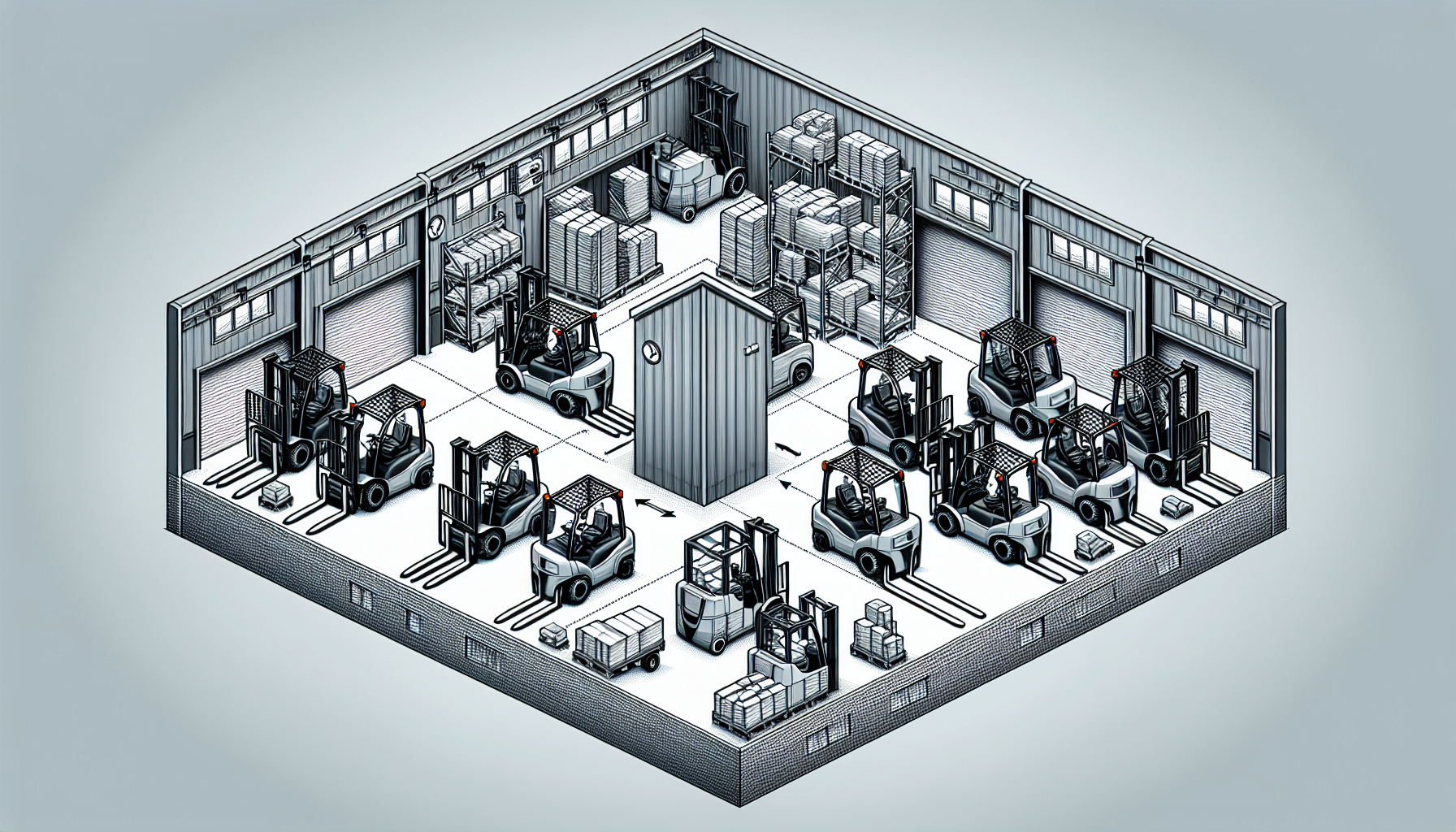Managing a forklift fleet isn’t rocket science—but it does require more than just keys and clipboards. Too often, simple oversights snowball into big problems: higher costs, breakdowns, even safety risks. Here’s a breakdown of common mistakes and how to dodge them before they eat into your bottom line.
1. Skipping Preventive Maintenance
This one’s huge. Letting forklifts run until something breaks might seem efficient in the short term, but it always ends up costing more.
Fix it: Set maintenance triggers by engine hours—not just calendar dates. And follow through. A 20-minute service today saves hours tomorrow.
2. Not Tracking Usage
Guesswork has no place in fleet management. If you don’t know which trucks are working hardest—or barely working—you’re flying blind.
Fix it: Use a basic tracking system. Even logging engine hours manually helps. Better yet? Fleet software that captures everything for you.
3. Overlooking Operator Behavior
Operators matter more than most people think. Poor driving leads to damage, wear, and risk. But if you’re not tracking it, you’ll never catch it.
Fix it: Incorporate driver accountability into your system—impact sensors, shift logs, or just routine ride-alongs.
4. Hoarding (or Shorting) Equipment
Too many trucks = wasted capital. Too few = bottlenecks.
Fix it: Evaluate your real workload and align fleet size accordingly. And when it gets tricky, short-term rentals can help during seasonal spikes.
5. Forgetting to Document Repairs
Relying on memory or sticky notes is a recipe for repeat failures.
Fix it: Keep logs—digital or handwritten. Track what was fixed, when, by who. It builds accountability and helps spot patterns over time.
6. Letting Downtime Sneak Up
One forklift out of rotation can slow the whole operation, especially if it’s always the same one.
Fix it: Rotate your fleet. Don’t just run the “favorites” into the ground while others gather dust.
7. Ignoring Battery or Fuel Monitoring
A truck that’s always half-charged or running on fumes can’t perform. Worse, you’ll never know why it’s underperforming.
Fix it: Build charging schedules into shift plans. Track consumption. A few tweaks can extend battery life or reduce fuel waste.
8. Failing to Train Beyond Day One
Initial training isn’t enough. As equipment changes—or bad habits creep in—ongoing education is essential.
Fix it: Schedule regular refresher sessions. Keep it short, hands-on, and focused on real-life scenarios your team actually sees.
9. Not Having a Backup Plan
When one truck goes down, what’s the plan? If your answer is “panic,” it’s time to rework that.
Fix it: Know which units are interchangeable, which can be rerouted, and where you can pull temporary labor or rentals if needed.
10. Choosing Tools That Don’t Talk
Too many disconnected systems? You’ll waste time jumping between dashboards—or worse, miss things entirely.
Fix it: Use integrated fleet software. It should connect scheduling, maintenance, usage data, and even operator records.
Explore our forklift fleet management platform
Final Word
Fleet management doesn’t have to be flawless. But it does have to be intentional. A few smart habits—and avoiding a few common pitfalls—can mean the difference between constant headaches and a warehouse that actually runs the way it should.
Need help reviewing your current setup or planning a better one? Just ask. It’s what we do.

